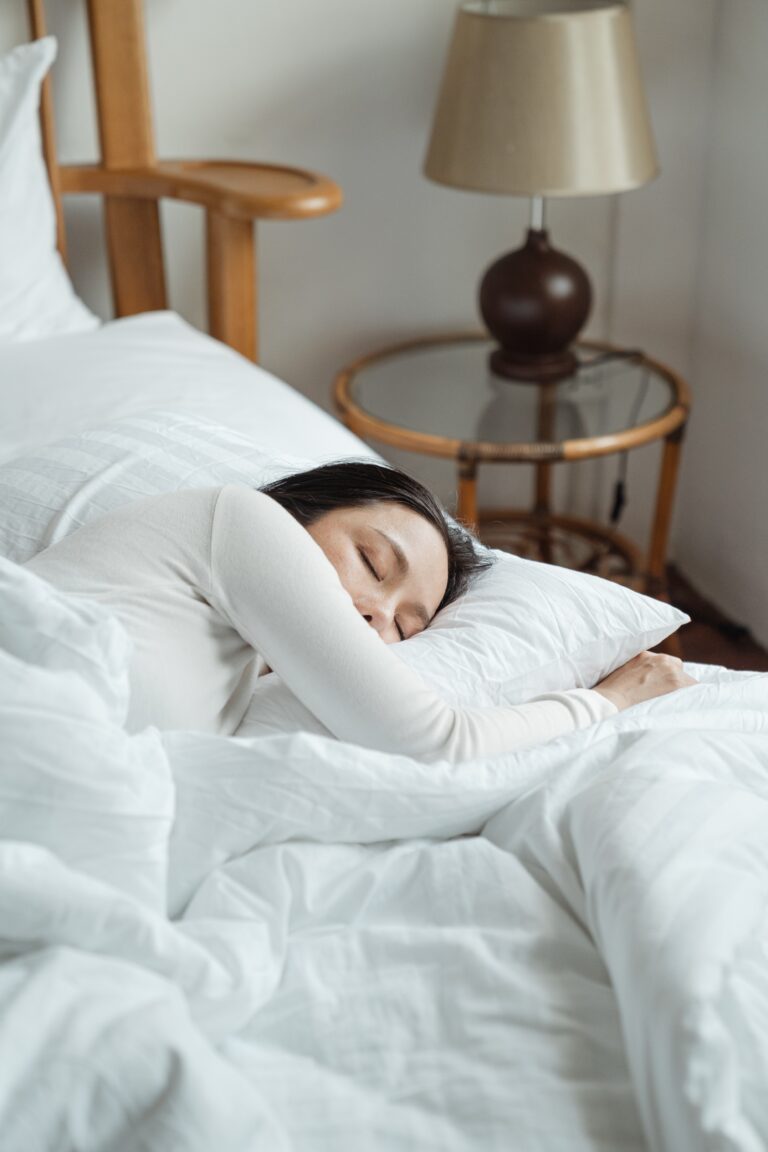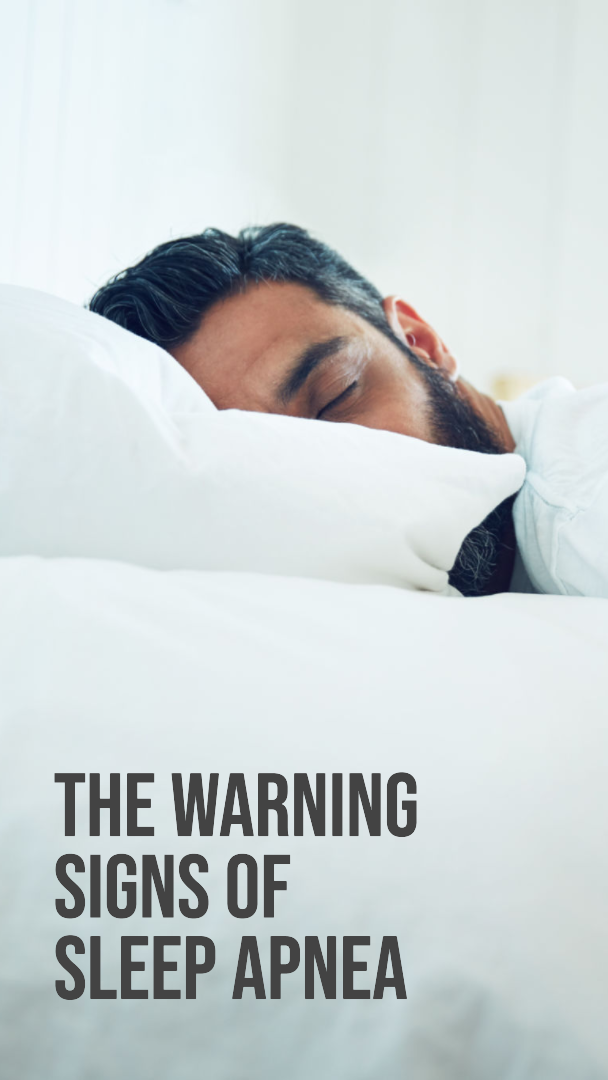Title: What Health Improvements Can You Expect After Using CPAP? A Long-Term Sleep Apnea Sufferer’s Perspective
At a glance:
After using CPAP (Continuous Positive Airway Pressure) therapy for a significant amount of time, you can expect several important health improvements:
Improved Sleep Quality: CPAP can greatly improve the quality of your sleep by preventing the airway obstructions that cause sleep disruptions, allowing you to get more restful and uninterrupted sleep.
Decreased Daytime Sleepiness and Increased Energy: By improving your sleep quality, CPAP therapy can make you feel more alert and energetic during the day.
Improved Mood and Cognitive Function: Regular, restful sleep can also lead to better mood and cognitive function, reducing issues like irritability and difficulty concentrating.
Reduction in Anxiety: The restorative sleep offered by CPAP therapy can help manage stress and reduce feelings of anxiety, contributing to overall mental well-being.
Reduced Blood Pressure: CPAP therapy can help decrease high blood pressure, a common problem in people with sleep apnea.
Decreased Risk of Cardiovascular Problems: By preventing the sudden drops in blood oxygen levels that occur in sleep apnea, CPAP can decrease your risk of heart problems.
Improved Metabolic Health: Regular use of CPAP may improve insulin resistance and reduce the risk of developing type 2 diabetes, offering benefits for your metabolic health.
Remember, these improvements won’t come overnight—it’s crucial to use your CPAP machine consistently and correctly, and to regularly communicate with your healthcare provider about your progress.
I remember the day I was diagnosed with sleep apnea like it was yesterday. The confusing medical jargon, the unfamiliar treatments, and the uncertainty about what was to come all weighed heavily on me. It can be daunting, I understand. But today, I want to reassure you about one of the most common and effective treatments for sleep apnea: Continuous Positive Airway Pressure (CPAP) therapy.
In simple terms, CPAP involves a machine that gently pushes air into your airway to keep it open while you sleep. I’ve been using CPAP for years now, and it has truly transformed my life. I’m here to tell you what it did for me and what it can potentially do for you.
Understanding CPAP Therapy
CPAP can sound intimidating, but in essence, it’s just a small machine that pumps air through a mask you wear at night. This air acts as a ‘stent’, keeping your airway open and preventing it from collapsing, which is what causes the interruptions in breathing characteristic of sleep apnea.
Initially, wearing a mask to sleep felt strange, but with time, I got used to it. More importantly, I started to experience the benefits of a good night’s sleep for the first time in years.
Improvements to Sleep Quality
Before CPAP, I would wake up feeling like I hadn’t slept at all. Sleep apnea causes frequent disruptions in sleep due to difficulty breathing. With CPAP, your airway stays open all night, allowing you to sleep without interruptions.
The difference was incredible. I began waking up feeling refreshed, which was a sensation I hadn’t experienced in a long time. This improvement in sleep quality is one of the first benefits you may notice with CPAP therapy.
Reduction of Daytime Sleepiness and Increased Energy
One of the hardest parts of having sleep apnea was the constant daytime fatigue. I would be sipping on coffee all day, just trying to stay awake. But once I started on CPAP therapy, I noticed an increase in my energy levels.
CPAP ensures that your sleep is restorative, which means you get the rest you need. I found myself feeling more alert during the day, less dependent on caffeine, and more enthusiastic about life.
Improved Mood, Cognitive Function and Anxiety
Mental health is another area where CPAP therapy made a significant difference for me. The constant fatigue from sleep apnea was more than just physical; it affected my mood and cognitive function too. I felt irritable, found it hard to concentrate, and was constantly anxious.
A lack of restful sleep can exacerbate feelings of anxiety. When we’re exhausted, our ability to manage stress decreases, which can lead to a cycle of anxiety and poor sleep. But after starting CPAP therapy, I noticed a considerable improvement. I felt calmer, more focused, and my mood improved. This was a transformation I hadn’t expected, but it was a welcome one.
Positive Impact on Physical Health
Sleep apnea doesn’t just affect your sleep and mental wellbeing; it can also have serious implications for your physical health. Before I began CPAP therapy, I struggled with high blood pressure, an increased risk of heart problems, and signs of insulin resistance. These are all common issues for those with untreated sleep apnea.
The steady flow of air that CPAP provides helped to reduce these risks. My blood pressure began to stabilize, and my doctor was pleased with improvements in my cardiovascular health. I even noticed improvements in my metabolic health, which is connected to the body’s insulin use and can affect your risk for type 2 diabetes.
The Long-Term Benefits and My Personal Journey
CPAP therapy isn’t a quick fix; it’s a long-term solution. It takes consistency and patience to see the full benefits. However, the effects I’ve described started showing in a few weeks to months of use, with the full benefits accruing over the years.
Having been on this journey, I can attest to the profound changes it has brought to my life. I feel healthier, sleep better, and enjoy a level of energy I had forgotten was possible.
Conclusion
The prospect of starting a new treatment like CPAP therapy can be daunting, but I want to assure you that the benefits it offers are worth it. Remember, everyone’s experience with CPAP will be unique, so your journey might look a bit different from mine.
Speak openly with your healthcare provider about your symptoms, concerns, and any changes in your health. It’s a process, and there will be a learning curve, but you’re not alone. Millions of us have been where you are now, and we’re here to tell you that it gets better. I promise, a good night’s sleep—and the improved health that comes with it—is possible. You’ve taken the first step by getting your diagnosis. Now, it’s time to take the next step towards better health and better sleep.




